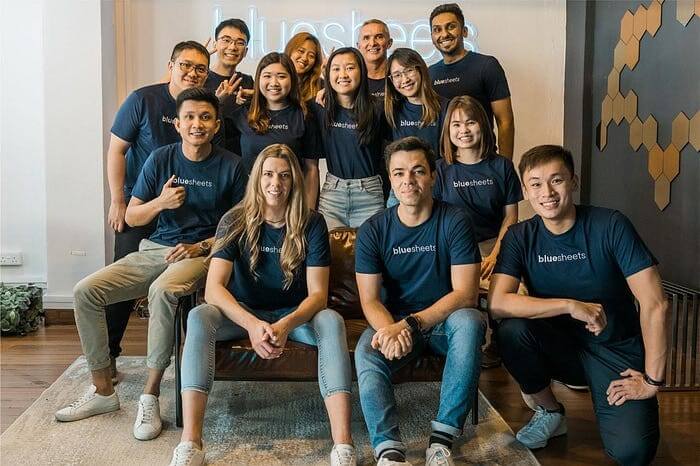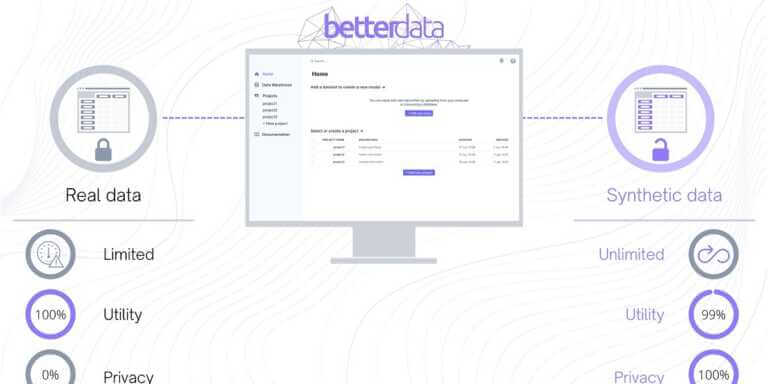
BLOG
breaking down Atlassian’s M&A term sheet for founders

share:
Atlassian made a splash in the tech M&A world recently by publishing their term sheet for strategic acquisitions.
So why has Atlassian gone public when acquisition terms are generally a closely guarded secret? Atlassian’s stated aim is to make the M&A process fairer, more efficient, and less painful for sellers.
We assume another driver is to position Atlassian as a seller-friendly buyer in the hyper-competitive tech M&A marketplace.
Has Atlassian achieved its goal(s)?
The Aussie tech legend scores brownie points for transparency. The traditional approach of keeping acquisition terms hidden allows buyers to claim their term sheets are market standard. This chestnut makes it hard for first-time founders to negotiate, as there is no easy way to judge whether particular terms are standard or harsh (or where on that continuum a term falls).
As Atlassian notes in its blog, making this information available to prospective sellers should make the negotiation process easier.
Atlassian also deserves credit for putting forward some seller-friendly terms.
Here’s our rundown of things we like in the term sheet and a couple of things that make us go hmmmmm.
three things we like for founders looking to sell
favourable escrow terms
It’s common for us to see buyers holding back at least 10-20% of the purchase price in M&A deals against warranty claims for up to 2 years post-closing (this is called escrow). Atlassian’s terms mean more money in sellers’ pockets upfront when the deal closes. The maximum ask is a 5% escrow if the deal is under $50m.If it’s over $50m the seller can choose between either i) a 5% escrow, or ii) a 1% escrow and footing the bill for Atlassian’s reps and warranties insurance covering up to 4% of the purchase price). In each case Atlassian is comfortable with a 15-month escrow period.
Atlassian’s escrow terms are substantially more attractive than those commonly offered to sellers in tech transactions.
a practical approach to general warranties
Atlassian caps the sellers’ liability at the escrow amount for general warranty claims (including IP warranties). There is also a 15-month claim period. We’ve seen warranty liability capped at anywhere from 25%-100% of the total purchase price, and claim periods of 12-24 months. Atlassian’s terms are therefore pretty friendly to sellers.
ESOPs covered upfront
The term sheet explains how Atlassian treats existing ESOPs. Generally speaking, vested equity is cashed out, and unvested equity is terminated and substituted for an Atlassian scheme. We’re happy to see Atlassian raising this upfront – share scheme details can sometimes be inadvertently left out at the term sheet stage, causing problems down the track.
things that make us go hmmmm (for founders looking to sell)
exposure outside the scope of general warranties
Liability for anything outside the scope of the general warranties is pretty tough – capped at 100% of the purchase price and subject to a claims period of the statutory limitation period, or 6 years (whichever is longer). This special basket includes tax warranties and indemnities dealing with specific issues picked up in due diligence. In the Southeast Asian context, 6+ years isn’t unusual for tax claims but is a long claims period for most other issues, which we think will be unattractive to many founders and sellers.
restrictions for core employees
Core Employees (typically founders) identified in the term sheet will receive a percentage of their purchase price in Atlassian shares that vest quarterly with a 1-year cliff. The core employees are also required to enter into non-compete and non-solicit undertakings. Hard-baking some of the purchase price in stock that is subject to future vesting is a bit tough on those founders who have long been fully vested.
However, this may not be a big concern if only a small percentage of the purchase price to be paid in stock – Atlassian has left this silent in the term sheet for now.
waive goodbye (maybe) to benefits
Atlassian reserves the right to require team members to waive existing vesting acceleration rights, change-in-control payments, severance compensation, or other payments that might be triggered by the acquisition. This is sometimes seen on Southeast Asian transactions, but is usually open to negotiation.
tipping basket
Atlassian expects to be able to bring warranty claims once the total minimum value of all warranty claims hits 0.5% of the purchase price (known as the tipping basket in the U.S. and as the de minimis amount in Southeast Asia). 0.5% does seem a bit low to us but we don’t tend to see sellers die in a ditch over this point..
reverse triangular what?
The term sheet assumes the transaction will be structured as a reverse triangular merger – a structure popular in the US for tax and other reasons. Reverse triangular mergers are not something to be attempted without adult supervision. Expect to spend some money on tax and legal advisers if you need to get your head around this.
It’s great to see such an open discussion by Atlassian of their term sheet and process, and we look forward to seeing whether other regular tech acquirers follow suit.
This article was co-authored with Fiona MacKinnon from our Wellington office.
explore our other blog posts

